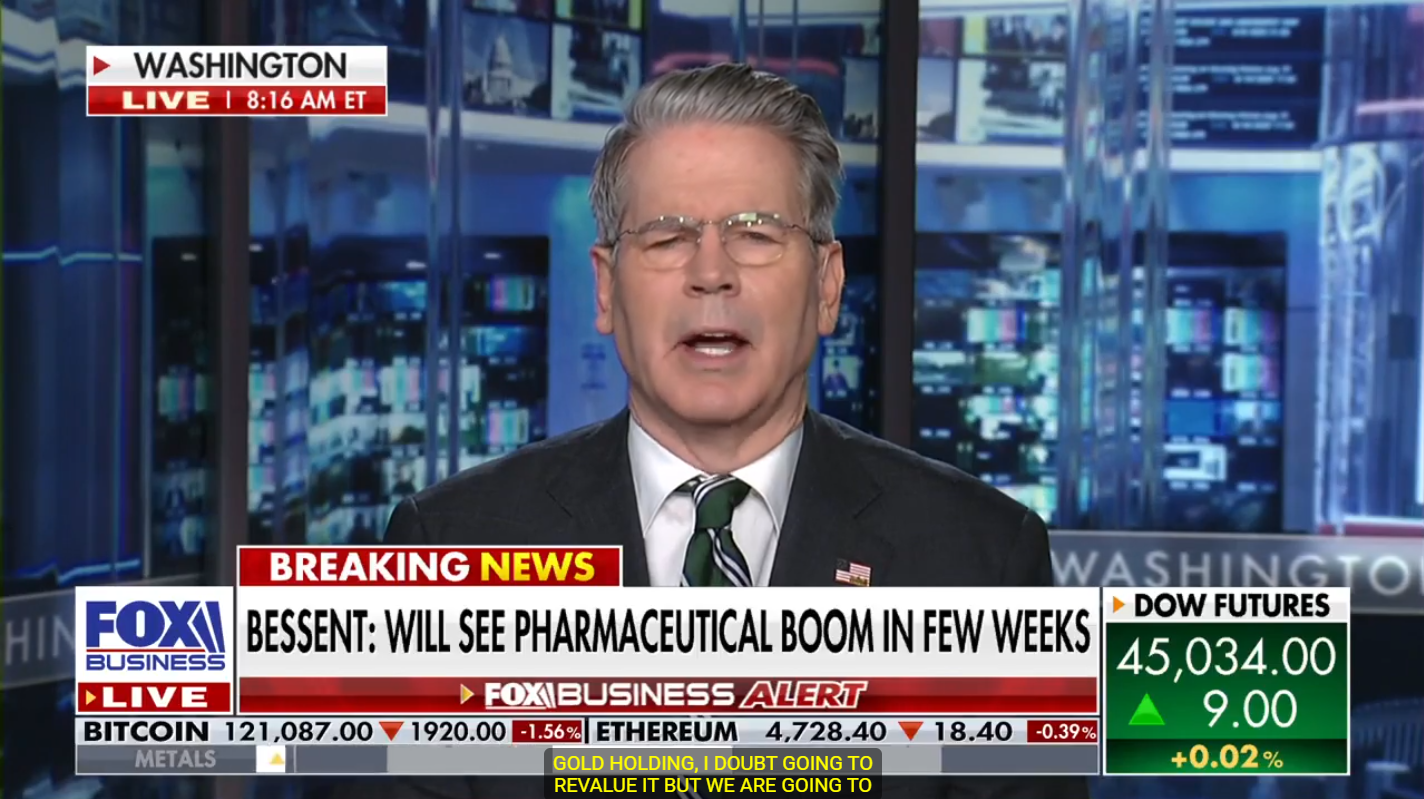14.08.2025 14:53
Google's recent update to its app store policies has triggered a significant upheaval in the Android cryptocurrency landscape. This sweeping change mandates that all cryptocurrency wallet developers obtain banking licenses before their apps can be listed on the Google Play Store, impacting users in fifteen key territories, including the United States and the entire European Union. The consequence? Millions of Android users risk losing access to widely used self-custody wallets unless developers navigate stringent banking regulations.
This new policy establishes a uniform standard for all cryptocurrency wallets, regardless of whether they hold user funds directly. This creates a particularly challenging situation for non-custodial wallets, where users retain complete control over their private keys, and the wallet provider never handles user assets. In the United States, compliance requires registration with the Financial Crimes Enforcement Network (FinCEN) as a Money Services Business, alongside securing state money transmitter licenses. Alternatively, developers could seek federal or state banking charters, a considerably more involved process.
Differing regulatory landscapes complicate the matter further across the affected countries. European Union developers, for instance, must secure authorization as crypto-asset service providers under the Markets in Crypto-Assets (MiCA) regulation, a process overseen by national authorities. The policy extends to thirteen additional countries, including Canada, the United Kingdom, Japan, and South Korea, each with its own specific licensing stipulations.
The most significant hurdle lies ahead for developers of non-custodial wallets. These applications, prioritizing user autonomy by allowing users to manage their own private keys and assume full responsibility for their funds, are fundamentally at odds with the existing regulatory frameworks. The MiCA regulations, for example, are explicitly designed for entities handling customer assets, classifying crypto-asset service providers as exchanges, trading platforms, and custodians of digital assets. This presents a substantial challenge to non-custodial wallets which, by design, never interact with user funds. The implications for these developers, and consequently for Android users relying on their services, remain uncertain.











